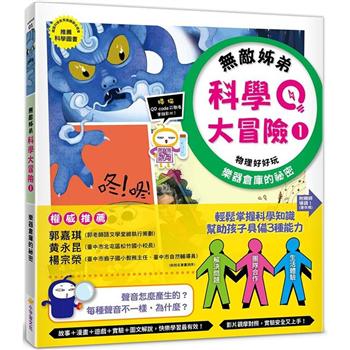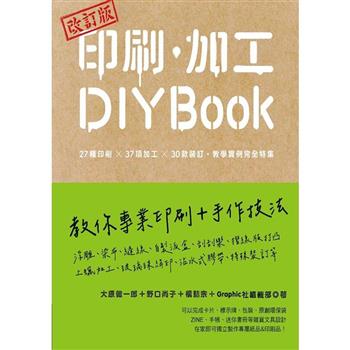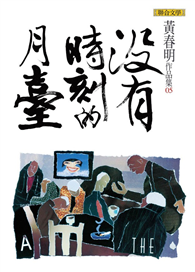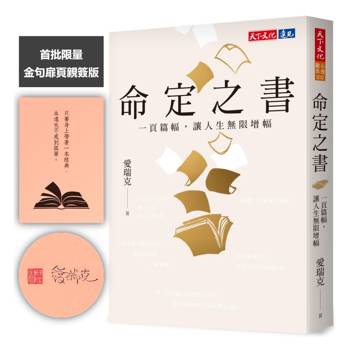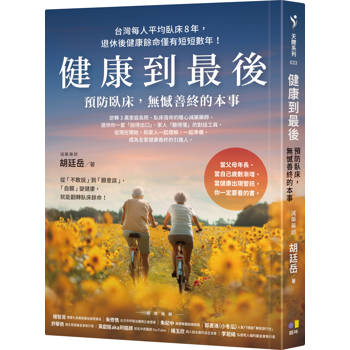"We believe your son Max is missing."
What kind of nonsense is that? Missing? How long do you have to be gone before someone reports you missing?
On the night of May 11-12, 2020, Marjolein Hartman is told that her 22-year-old son Max is one of five young surfers who drowned off the coast of Scheveningen, the Netherlands. They suffocated in a thick layer of sea foam caused by a freak shift in wind. The tragedy makes international headlines.
Max - A Mother’s First Year of Raw Grief begins just days later, when Marjolein starts writing to survive. What follows is a raw, unfiltered, and deeply human glimpse into the first year of life after losing a child. Structured like a baby’s first year-counted in days, weeks, and months-this book takes the reader with her from the first unbearable shock to the long, silent ache of a missing future.
This is not a memoir written years later with distance and insight. This is grief from the inside. Hartman writes in real time, still gasping, still searching for breath. She shares everything-rage, disbelief, sorrow, and love-with piercing honesty and fierce motherly devotion.
Readers describe Max as:
- "A wave of recognition"
- "An anchor in the storm"
- "A book that touches your soul - beautiful, powerful, and honest.
Rather than offering advice or solutions, Max gives something rarer: truth. A mother’s truth. The kind that says, "You are not crazy. This is grief. You are not alone."
Who is this book for?
- Parents who have lost a child
- Partners, siblings, friends, or professionals who want to understand what raw grief feels like
- Readers of The Year of Magical Thinking, It’s OK That You’re Not OK, or When Breath Becomes Air
"Her story is as raw as life itself-and as inescapable as death."
- NRC Handelsblad (Dutch national newspaper)
About the author:
Marjolein Hartman (b. 1974) is a writer, entrepreneur, and public speaker from Amsterdam. After the loss of her son Max, her honest reflections on grief turned her into a widely recognized voice on parental bereavement in the Netherlands. The original Dutch edition, Rauw, became a national bestseller. Max is her first book in English.
What makes Max so powerful is its quiet refusal to turn away. Hartman does not wrap her grief in metaphors or false hope. She writes of the silence in the house, of the cruelty of people’s absence, of birthdays and holidays that feel like wounds. Her reflections are personal but never isolating. Instead, they open the door for others to feel seen.
This book has already helped thousands of parents in the Netherlands through their own early grief. Therapists, grief counselors, and support groups have recommended it as a rare, honest voice that tells the truth about what it means to lose a child-and still go on breathing.
Each chapter brings the reader one step deeper into the strange, disorienting world that follows sudden loss. As time moves forward, the pain doesn’t lessen, but the mother’s love becomes more visible. In her letters to her young daughter Ivy, Hartman gently shows how grief and love can coexist in one body-tender, fierce, and human.
Max is not a story of healing. It is a story of survival, of memory, of love that endures beyond death. For anyone who has lost a child-or stood beside someone who has-this book offers not answers, but truth, recognition, and the quiet strength of someone who dares to keep writing through the storm.

